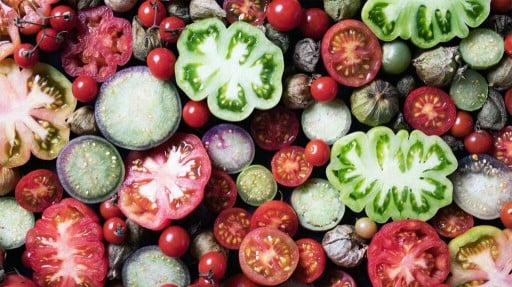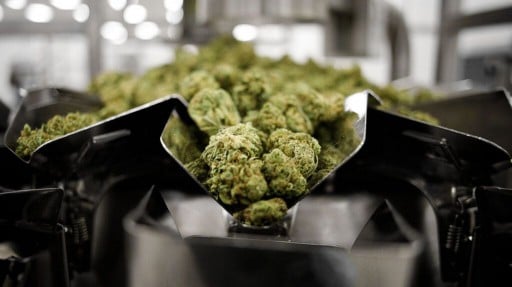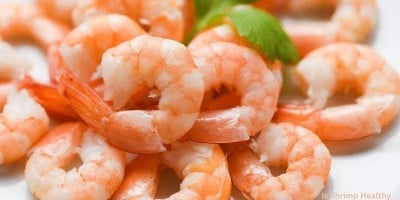
According to a new study, eating tomatoes is associated with a blood pressure-lowering effect and may prevent high blood pressure in older people.
People in the study who ate the most tomatoes or tomato products each day lowered their risk of high blood pressure by more than a third.
Tomatoes contain lycopene, which helps keep blood vessel walls supple, as well as potassium that helps manage the effects of sodium and helps control fluid levels in the body.
For older adults with mild high blood pressure, a new study suggests consuming tomatoes may help manage hypertension and may even lower the risk of developing high blood pressure in the first place.
In the study, people without high blood pressure who ate the most tomatoes or tomato-based foods had a 36% lower risk of developing hypertension than those who ate the least.
In people who already had high blood pressure, especially those with stage 1 hypertension, moderate consumption of tomatoes was associated with a reduction in blood pressure.
The study involved 7,056 participants, 82.5% of whom had hypertension. They were questioned regarding their daily consumption of tomatoes and sorted into four classifications: less than 44 grams per day, 44–82 grams (intermediate), 82–110 grams (upper intermediate), and more than 110 grams.
The authors of the study observed a lowering of diastolic blood pressure in those with both the highest and intermediate levels of tomato consumption compared with the lowest levels of consumption. Participants with stage 1 hypertension and intermediate tomato consumption experienced a lowering of both systolic and diastolic blood pressure compared with participants who consumed the fewest tomatoes.
Diastolic blood pressure reflects the pressure in arteries when the heart is at rest. It is expressed as the lower blood pressure number, with systolic blood pressure, the upper value, indicating the pressure in the arteries as the heart beats.
For people who ate more than 110 daily grams of tomatoes, the risk of high blood pressure decreased compared to those eating the least tomatoes.
The study is published in the European Journal of Preventive Cardiology.
How tomatoes affect blood pressure
While tomatoes, as a ripened flower ovary containing seeds, qualify as fruits, they are generally considered a vegetables. They belong to the nightshade family. Nightshade vegetables include bell peppers, eggplant, spices such as cayenne and paprika, and potatoes, except sweet potatoes.
Two of the compounds in tomatoes most likely to be protective against hypertension are lycopene and potassium.
“Lycopene, the most plentiful carotenoid in tomato, does not only reduce the angiotensin-converting enzyme and its gene expression, preventing the synthesis of angiotensin 2… but also promotes the generation of nitric oxide in the endothelium [cells that line the blood vessels] — helping lower blood pressure and improving blood flow,” she explained.
Angiotensin 2 can narrow blood vessels, forcing the heart to work harder at pushing blood through. Blood pressure medicines that reduce the production of angiotensin-converting enzymes are referred to as ACE inhibitors.
Tomatoes: better fresh or cooked?
The versatility of tomatoes means that they may be eaten raw, used in salads or sandwiches, or cooked in sauces, and so on. Their method of preparation is not something the current study investigated.
However, Dr. Lamuela-Raventós suggested it is possible they provide the greatest benefit when they are cooked.
“I believe future clinical studies should consider the processing of tomatoes and home-cooking techniques,” she said, “since bioavailability of carotenoids and other antioxidants (such as polyphenols) is increased when [the] tomato is cooked,” she said.
“There are many fruits and vegetables that are known to be antihypertensive,” noted Routhenstein. “Beets and artichokes, for instance, are high sources of potassium, whereas red bell peppers and watermelon are high in lycopene.”
Is it safe to eat tomatoes while taking ACE inhibitors?
ACE inhibitors commonly prescribed for people with hypertension may elevate potassium levels, which can adversely affect people with renal dysfunction. With tomatoes so rich in potassium, might their consumption result in issues for people taking ACE inhibitors by raising these levels even more?
Routhenstein suspected not, since most modern diets contain an excess of sodium but insufficient potassium.
Sodium can cause fluid retention, and its over-consumption is afor hypertension.
“On the other hand, potassium helps regulate fluid balance, counteracting the effects of sodium by promoting the excretion of excess sodium through urine,” said Routhenstein.
“This balance is essential for maintaining healthy blood pressure levels and reducing the risk of cardiovascular issues,” said Routhenstein.
Routhenstein said that an excess of potassium “can result in high levels of potassium in the blood (also known as hyperkalemia), which might lead to irregular heartbeats, muscle weakness, and severe heart issues.”
“However, these risks are typically associated with excessive supplementation or when taking certain medications (like potassium-sparing diuretics such as spironolactone, amiloride, and triamterene) without monitoring potassium intake.”
She recommended discussing one’s optimal potassium intake with a physician.
Integrating tomatoes into daily diet
Routhenstein pointed out, “Tomatoes, with their versatility and nutritional value, effortlessly fit into diverse sustainable diets, such as the Mediterranean or plant-based approaches. From salads to sauces, utilizing tomatoes in-season, preserving for off-season use, promotes both health and environmental consciousness.”
Perhaps with this flexibility and their deliciousness — in mind, Dr. Lamuela-Raventós said:
“Tomatoes should not be viewed as a ‘magic food’ for health problems but rather as an important element of a diverse and healthy diet.”
Related pages
Weight loss: Dancing can benefit people with obesity, overweight
Share on PinterestDancing can be an easy, effective way to lose weight, according to recent studies.

Could cannabis help treat opioid addiction?
Share on PinterestThere are mixed opinions on whether cannabis can help in the treatment of opioid u

Eosinophilic esophagitis: Drug may be treatment for childhood disease
Share on PinterestThe condition eosinophilic esophagitis can make it difficult for children to eat.

Is Shrimp Healthy
May 21, 2023 By Madison Evans When it comes to eating healthy, Shrimp may b

People Following a Vegetarian Diet More Likely to Fracture a Hip
New research found that eating a vegetarian diet may increase someone’s risk of a hip fracture.Resea

Marijuana Users Have Higher Levels of Heavy Metals in Blood, Urine
New research found heavy metals in the blood and urine of people who consumed marijuana.The two meta

